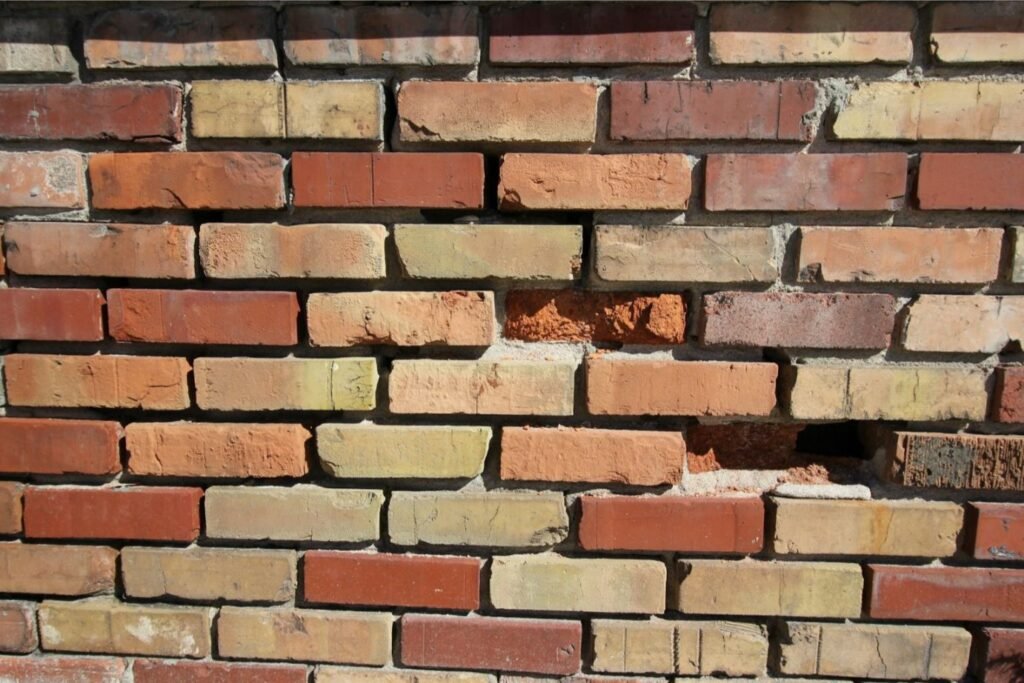When Do You Need Brick Wall Repairs?
Brick walls are renowned for their durability and timeless appeal, but even the sturdiest masonry can deteriorate over time. Knowing when to repair your brickwork is crucial for maintaining the structural integrity and appearance of your property. Here are the key signs and scenarios that indicate your brick wall needs repairs:
1. Cracked or Damaged Bricks
Cracks in bricks can develop due to foundation settlement, temperature fluctuations, or moisture infiltration. While small, surface-level cracks may seem minor, they can allow water to penetrate, leading to more extensive damage if left unaddressed. Widespread or deep cracks, especially those that are growing, are a clear sign that repairs are needed to prevent further deterioration and potential structural issues.
2. Crumbling or Spalling Bricks
When bricks begin to crumble or the surface flakes off (a process known as spalling), it usually indicates moisture has penetrated the masonry. This can be caused by inappropriate mortar use, trapped moisture, or freeze/thaw cycles. Crumbling bricks compromise the wall’s waterproofing and strength, making timely repairs essential.
3. Damaged or Missing Mortar (Pointing Issues)
The mortar between bricks is often the most vulnerable part of a wall. If you notice mortar joints that are cracked, eroded, or missing, the wall can lose its stability and become susceptible to water ingress. Repointing- replacing the damaged mortar- is necessary to restore the wall’s integrity and prevent further brick damage.
4. Bulging or Bowing Walls
A wall that appears to bulge or bow outward is a serious concern. This can result from water damage, foundation movement, or poor construction. Such deformation indicates a risk of collapse and requires immediate professional assessment and repair.
5. Signs of Damp or Moisture
Damp patches, stains, or mould on interior walls can signal water penetration through compromised brickwork or mortar. This is often linked to pointing issues or cracks in the bricks, and addressing the underlying masonry problems is crucial to prevent further moisture-related damage1.
6. Structural Instability
If your brick wall is leaning, has uneven floors nearby, or you notice doors and windows sticking, these can be signs of foundational or structural issues affecting the masonry. Prompt repairs are needed to avoid more extensive and costly damage.
7. Improper Cleaning or Chemical Damage
Using harsh cleaning agents or abrasive methods can erode the protective surface of bricks, making them more vulnerable to the elements. If you notice staining, scratches, or surface wear after cleaning, repairs may be necessary to restore the wall’s protection.
8. Cosmetic vs. Structural Cracks
fissures, require. While many cracks are cosmetic and easily repaired, structural cracks-such as stair-step cracks in brick veneer, horizontal cracks from settlement, or deep fissures, require immediate attention to prevent serious damage.
Conclusion
Timely brick wall repairs are essential whenever you notice:
- Cracked, crumbling, or spalling bricks
- Damaged or missing mortar
- Bulging or leaning walls
- Signs of damp or water ingress
- Structural instability or growing cracks
Addressing these issues early can prevent minor problems from escalating into major structural failures, safeguarding your property’s value and safety. If in doubt, consult a professional mason to assess and repair your brickwork.
